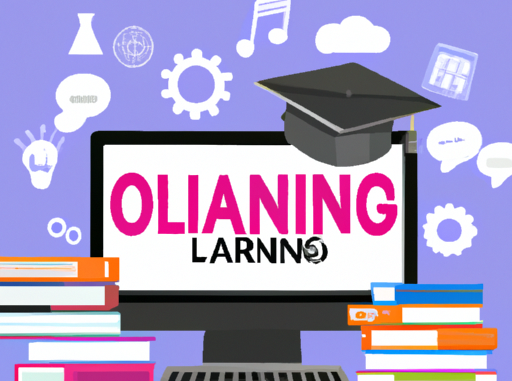
Online Learning Platforms: Revolutionizing Education
Online learning platforms have significantly transformed the landscape of education, offering unprecedented access to knowledge and learning tools. These platforms range from massive open online courses (MOOCs) like Coursera and edX, to specialized learning sites such as Khan Academy and Udemy. They provide a wide array of courses across various disciplines, enabling learners from around the globe to gain new skills, earn certificates, and even complete degrees from prestigious institutions without the constraints of geographical boundaries. The flexibility and accessibility offered by online learning platforms cater to diverse learning needs, allowing individuals to learn at their own pace and schedule, which is particularly beneficial for working professionals and those with personal commitments.
The effectiveness of online learning is bolstered by innovative technologies and pedagogical strategies. Interactive elements such as quizzes, discussion forums, and peer assessments engage learners actively, while video lectures and readings deliver content in digestible formats. Advanced platforms employ artificial intelligence and machine learning algorithms to personalize learning experiences, recommending resources and adjusting difficulty levels based on individual performance. Additionally, data analytics provide insights into learner behavior and progress, enabling instructors to refine their teaching methods and offer targeted support. The incorporation of gamification elements, such as badges and leaderboards, further enhances motivation and engagement, making learning a more dynamic and enjoyable experience.
Despite the numerous advantages, online learning platforms also face challenges. Issues such as digital divide, where access to technology and internet connectivity varies, can hinder the equitable distribution of educational opportunities. Moreover, maintaining academic integrity in an online environment poses a significant concern, with instances of cheating and plagiarism being harder to monitor. The lack of face-to-face interaction can also impact the development of soft skills and peer collaboration, which are crucial components of holistic education. However, ongoing advancements in technology and instructional design continue to address these challenges, steadily improving the efficacy and inclusivity of online learning platforms. As the demand for flexible, accessible education grows, these platforms are poised to play a critical role in the future of learning.
Mgr. Pavel Bartoš, LL.M., DBA (Evropská akademie vzdělávání / European Academy of education)
Leave a Reply